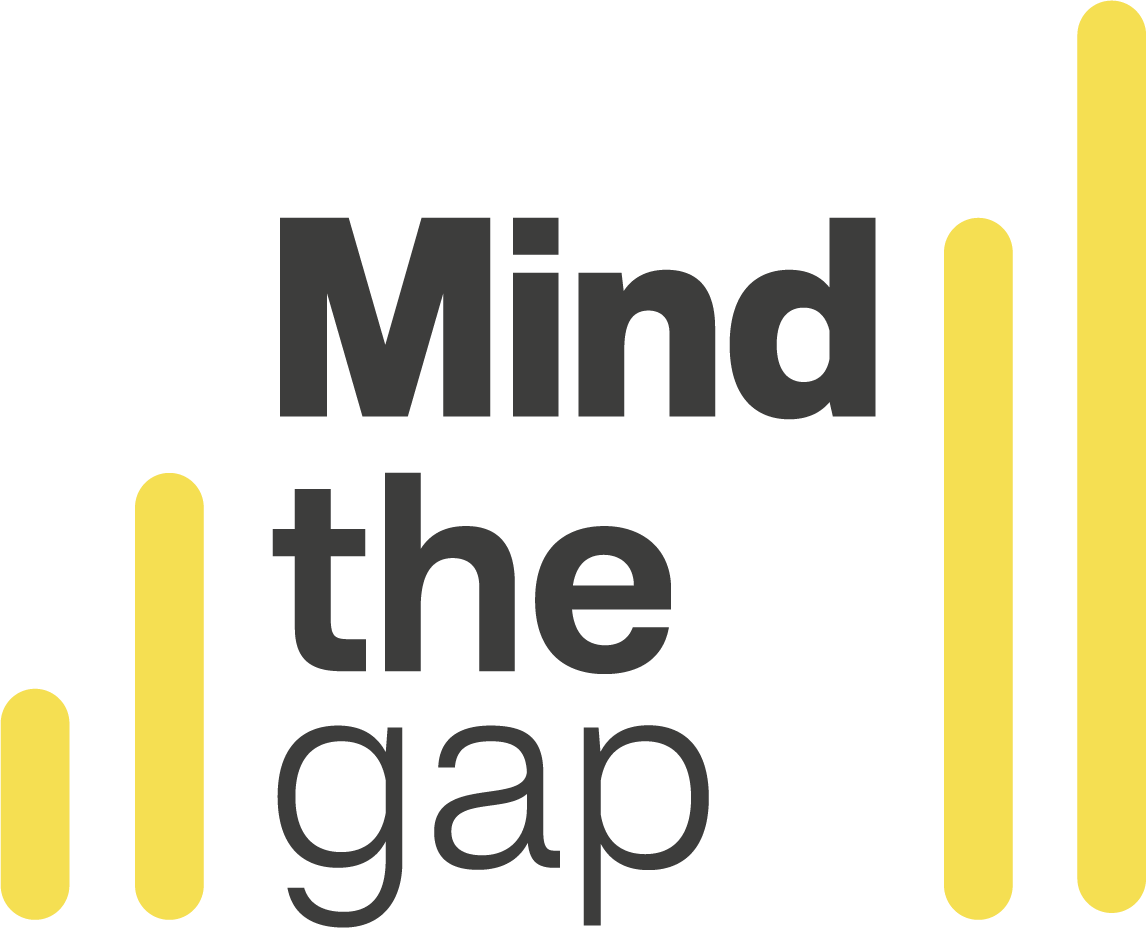
Global Science Opera - a borderless digital co-creation project
Organisation
The Western Norway University of Applied Sciences (HVL), Norway
HVL is one of the largest higher education institutions in Norway with 16 000 students, offering Bachelor and Master studies primarily within education, engineering, health and social sciences.
Project
The Global Science Opera (GSO) is a global interdisciplinary educational project that brings together science and arts. Students from primary to university-level, teachers, researchers, artists and scientific institutions including CERN and ESA collaborate in creating and producing an artistic presentation of a common scientific theme and perform it simultaneously online.
Participants
Around 500 students and pupils from kindergarten to university level as well as teachers, researchers, artists and staff scientific institutions from up to 30 countries.
Key persons
Janne Robberstad, Global Science Opera Production Manager
Oded Ben-Horin, initiative coordinator
Project outcomes
An annual online opera exploring themes that are transversal to science and the arts
Several follow-up STEAM education research projects
Context
GSO began as a collaboration between several international projects, institutions and networks in 2015. The first edition, SkyLight, was included as an official initiative of the United Nations International Year of Light 2015 and involved institutions from 38 different countries. GSO is based on a flat hierarchy that values democracy, friendship and respect alongside creativity and exchange. The project was the flagship initiative of the European Commission project Developing an Engaging Science Classroom (CREATIONS), and a research focus in the Norwegian Research Council project Integrating Science of Oceans, Physics and Education (iSCOPE). Since 2015, annual GSO productions include Ghost Particles (2016), Moon Village (2017), One Ocean (2018), Gravity (2019), Energize (2020), and Thrive (2021).
Approach
Participation in GSO is free and open to all education and cultural institutions. Participants can choose how to contribute to the project, with options including performing (composers, scenographers, singers, actors, and instrumentalists), scientific research, science education activities, PR, administration, documentation, educational research, outreach, and technical assistance. Performers contribute either pre-recorded clips or via livestream.
Digital tools have always been an essential part of GSO.Production, training and sharing of final productions has always taken place online, and communication has mainly been digital. Online sessions with lectures, Q&A and workshops are offered to educate and empower participants alongside monthly newsletters and online lectures or workshops, and an annual conference and summer school. A resource library is also available on the GSO website.
Results
Over the past seven years, participation in GSO has enabled around 500 people each year to connect and collaborate with other groups across national, cultural, sociological, and language borders. The number of participating countries has varied from 15 to 35. Participant age varied from 16 months to 70, and included school classes, amateur theatre groups, professional artists, teachers and researchers.
GSO has inspired several follow-up initiatives, including the Erasmus+ GSO4SCHOOL project which trains teachers in the GSO methodology, and Write a Science Opera (WASO), a creative professional development approach to inquiry-based music and science education. HVL are currently working on a global classroom project, which will connect students and enable them to collaborate directly.
“We have learned along the way, and are gradually building our own library of resources and increasing our online training-sessions. We are constantly improving and changing things year to year. Our aim is to expand and include more people in the project, as we believe its strong methodology leads to good practice,” says Janne Robberstad, Global Science Opera Production Manager.
Lessons learned:
Be mindful of copyright. GSO strongly encourages participating groups to compose their own music. “In an international project it is in practice impossible to obtain copyright for a composition when you are showing it on YouTube,” says Janne, “as you would have to pay copyright institutions in all countries in the world. We encourage participants to compose their music and make it part of the creativity learning process.”
When possible, create and perform outdoors. “As the 2021 edition was about ecosystem restoration, and we were still in the middle of a pandemic, we encouraged the participants to both create and perform outdoors, using their natural surroundings as sustainable, ecological scenography. In a global project it really added to the final opera, to see how different the landscapes were in the different countries participating.”


